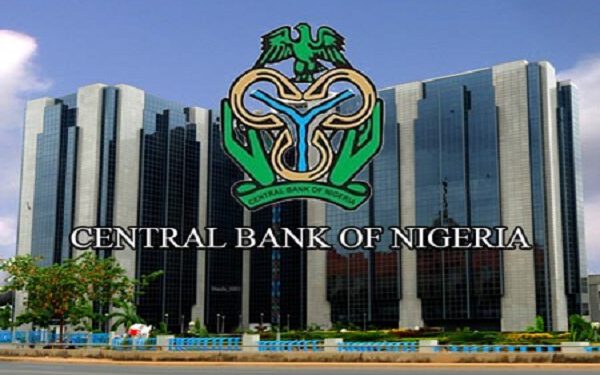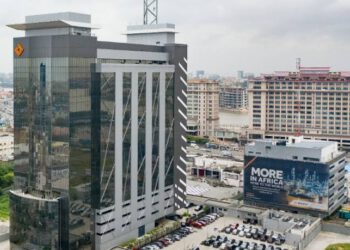Manufacturers have described as “unfriendly,” the Central Bank of Nigeria’s (CBN”s) interest rate hike by 100 basis point from 13 per cent to 14 per cent.
The manufacturers listed the likely negative implications of the increase, saying they hope that the stringent conditionalities for accessing development funding windows with the CBN will be relaxed.
Among the fears highlighted by their umbrella body, the Manufacturers Association of Nigeria (MAN) are crowding out of private sector businesses, a review of existing lending rates, higher cost of manufacturing, increase in the cost of goods and services as well as erosion of disposable income of Nigerians.
Other implications of the policy listed by the manufacturers, are rising cost of manufacturing inputs, slow recovery of the real sector, leaner contribution of the sector to nation’s Gross Domestic Product (GDP) and enormous volume of inventory of unsold products.
The Monetary Policy Committee (MPC) of the CBN) had raised the interest rate also known and Monetary Policy Rate (MPR) in order to rein the faging spiral inflation.
The MPC, however, retained the asymmetric corridor of +100/-700 basis points around the MPR; Cash Reserve Ratio (CRR) at 27 per cent and Liquidity Ratio was also retained at 30 per cent.
The MPR hike was said to have been informed by the need to curb inflation rate which recently peaked at 18.6 per cent, ensure relative stability, and also sustain economic growth in the face of the high-level uncertainties in the global economy.
But MAN, in a statement by its Director-General, Segun Ajayi-Kadir, lamented that the MPR increase has clearly widened the journey of recovery by its members farther away from the preferred single-digit interest rate regime.
The statement reads in part: “It (MPR hike) will also exacerbate the intensity of idle capital assets, worsen the already declining profit margin of private businesses and heighten the mortality rate of small businesses.
“Besides, it will further reduce capacity utilisation, upscale the rate of unemployment and spike incidences of crime and insecurity, as the capacity of banks to support production and economic growth would be constrained.
“MAN is therefore concerned about the ripple effects of this decision and its implications for the manufacturing sector that is visibly struggling to survive the numerous strangulating fiscal and monetary policy measures and reforms.
“Consequently, manufacturers are hopeful that the stringent conditionalities for accessing available development funding windows with the CBN will be relaxed to improve the flow of long-term loans to the manufacturing sector at single-digit interest rates.”





















